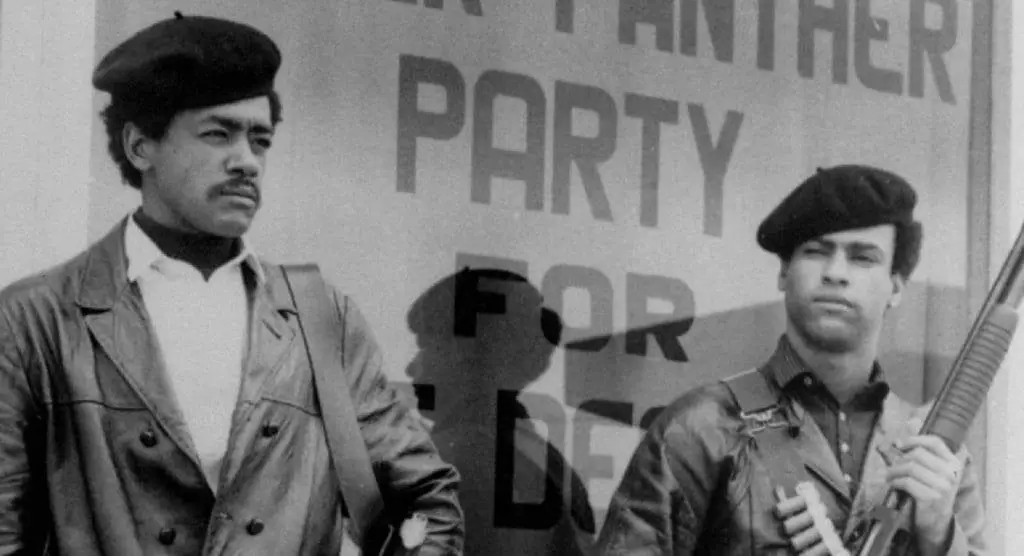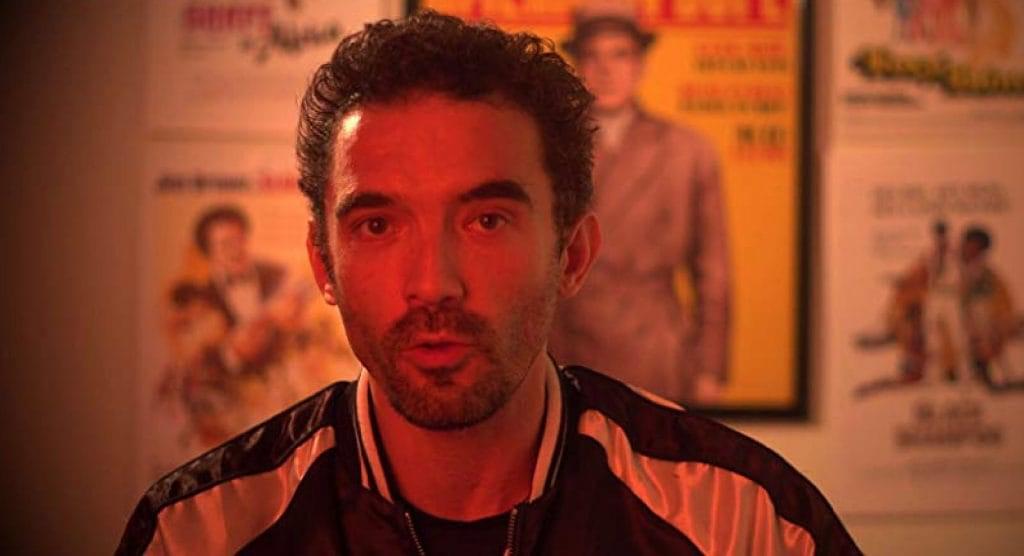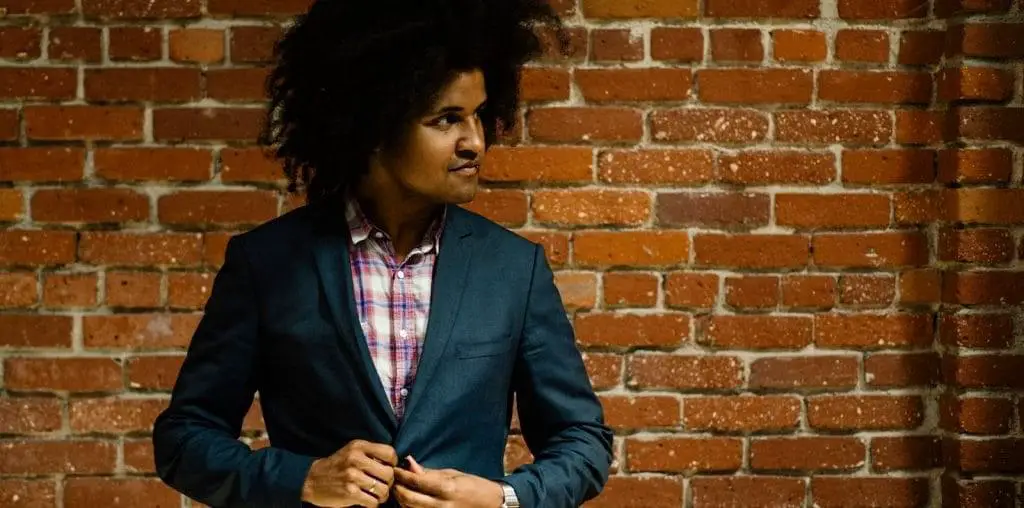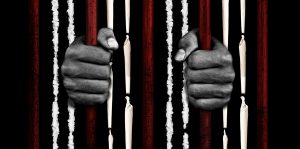
It’s only taken us fifty years to realize that the war on drugs hasn’t worked. Writer/director Robert Rippberger’s documentary Public Enemy Number One provides the best and most concise history of the war on drugs and its long-lasting effects, particularly on the African-American community. It not only addresses ineffective U.S. drug policy but also how the powers-that-be lumped marijuana in the same category as hardcore drugs. Featured in the documentary are notable experts in drug war history and policy, including NORML founder Keith Stroup, Ethan Nadelmann, Jack Cole, Neill Franklin, Kevin Sabet, Smoke and Mirrors author Dan Baum, three former Drug Czars, and of course, the film’s producer, Ice-T.
Public Enemy Number One begins with President Nixon as he organizes a drug task force. The results told him that the problem was not as serious he hoped, and he immediately disregards its findings (particularly about marijuana). By doing this, Nixon started the war on drugs. President Reagan would double down and declare marijuana as dangerous as harder drugs, like cocaine. He resolved to bolster the police with increased funding to hit traffickers hard as well as institute forfeiture laws. The police would use seized funds for “new toys” and begin planting drugs on known dealers, and it just gets worse from here. Ironically, Nancy Reagan would come up with her infamous “Just Say No” campaign, which most on both sides of the aisle acknowledge as the most effective deterrent to drugs.
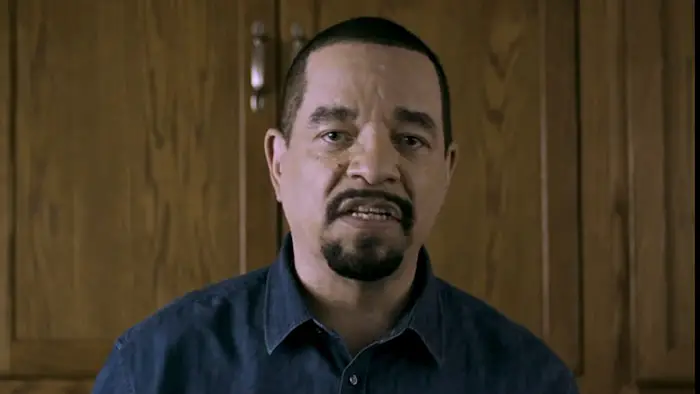
“…history of the war on drugs and its long-lasting effects, particularly on the African-American community.”
The Dems did their damage as well. Tip O’Neil was just as aggressive in his support of the war, and we all know about Clinton’s crime bill, which created a disproportionate number of African-Americans in prisons. We also see how bipartisan efforts for real reform had stalled for seemingly minor differences. The central theme that Public Enemy Number One hits hard is the dangers associated with a government taking the moral high ground and its unintended consequences. As politicians stake claim to their righteous anti-drug messaging, we allowed them to take extreme actions and shut down those who have legitimate questions about the issue. All this rhetoric was about power and votes.
As early as the 90s, I remember brilliant people saying the war on drugs wasn’t working, and yet, we’re still in it, and countless lives vanished because of drug overdoses and the violence of cartels and governments alike. The issue gets conflated even further by likening marijuana with harder drugs. Young lives were ruined in the black community as discrimination kept them from getting jobs, and dealing drugs seemed to be the easy solution to make money. Then minor drug offenses would incarcerate them throughout their formative years.
It’s not just enough to proclaim that these policies are not working. Rippberger’s movie lays out the facts and a convincing narrative to explain why. Public Enemy Number One is required viewing for anyone wanting to engage in an honest conversation about public policy regarding drugs. You don’t have to agree with its suppositions or conclusion, but you’ll walk away much more informed. Now, let us hope everyone can find some common ground and work toward fixing the problem.
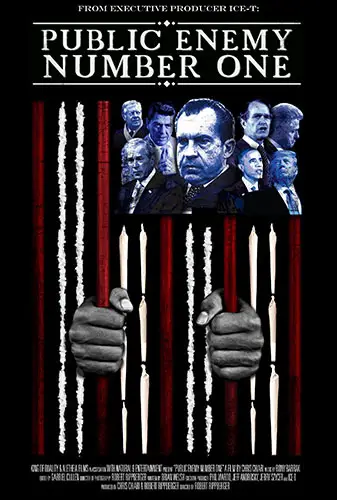
"…required viewing for anyone wanting to engage in an honest conversation..."
